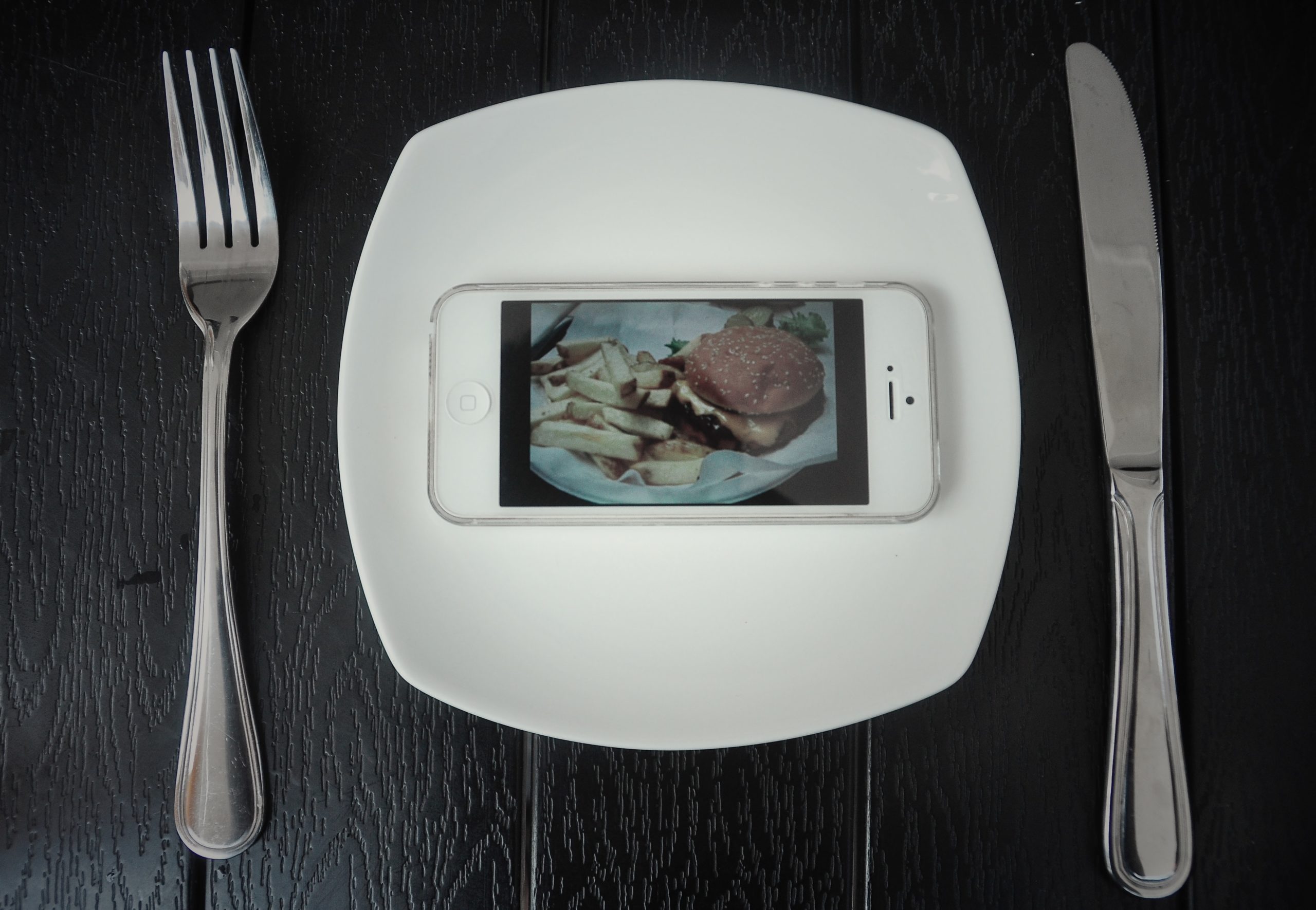Good Links
Good Links for March 23, 2020

Jenny Lind Schmitt goes to Europe and then tries to come back to America: “We threw our bags in the rental car and headed to Zurich, where there were more options. I got on the phone again, and an agent put us on a flight from Zurich the next morning. By the time we stopped for gas, that flight had been canceled too, along with all the others for the next day. We heard rumors that Switzerland would be closing its airports. I wondered where we would spend the confinement period if we couldn’t leave. Our French friend had promised us that if we couldn’t leave Zurich, she’d bring us back, leave us on the Swiss side of the border in the forest, let us walk across the border, and pick us up on the French side. That was a little too much like all the World War II stories I’ve ever read for my comfort. We had to keep trying.”
Devi Abraham faces a world with no peonies: “I drove to a plant nursery. It was empty, so the man who owned the store had time to talk. He did not have peony roots. ‘What kind of garden do you have?’ he asked. ‘Peonies need lots of sun, but they also need the ground to get very cold in the winter, colder than it gets here in Melbourne.’ He went on to tell me that when people look for plants, they plant what they want without considering what kind of garden they have. He told me he could order peony roots in a few weeks, but I heard what he was saying.”
Daniel Silliman inquires about the feasibility of drive-thru church: “But how do you have church with people more than six feet away from each other? A lot of groups were moving everything online. Was that what they should do? Jon Rich, the administrative pastor, thought of something funny. ‘Maybe we should look into drive-in church,’ he said, and the staff all laughed. There was a beat. Then Baumgart said the sentence again: ‘Maybe we should look into drive-in church,’ he said. It wasn’t funny this time. It was an idea that seemed like maybe it was perfect. Maybe it’s time had come.”
Michael Kruger observes an interesting problem: “The virus will be curbed when people embody a spirit of self-sacrifice. A posture of self-denial. We must limit our travel, limit our social contact, even limit our “fun” so that the virus won’t spread. And that requires a worldview that gives us a reason to deny ourselves. A reason to think of others. In other words, we need a worldview that is about more than us. In short, ‘You do you’ won’t work.”
Jamie Carlson reviews Tim Keller’s new book, On Death: “Outside of Christianity, there are movements urging people to see death as neutral, even a chance to be part of something bigger than ourselves (see the death positivity movement and eco-death trend). Keller’s question is apt in light of these trends: ‘Does such a view of death fit our deepest intuitions?’ (41). The truth is it doesn’t. Death is not the way it ought to be. Rather than encouraging stoicism, Keller rightly states that ‘we have a lot of crying to do’ (43).”
Grant Marek chronicles a catastrophe: “Nine years. That’s how long it took Andrew Chau and Bin Chen to take Boba Guys from a pop-up in a Mission ramen shop to a veritable bubble tea empire, with 17 locations in seven different cities, including nine in the Bay Area. Fifteen days. That’s how long it took for everything to completely fall apart. This week, Chau and Chen laid off 400 employees, temporarily shuttered all 17 locations and stopped taking a salary just 15 days after the first case of coronavirus was confirmed in the United States.”
David French gives some good advice: “And what is our mission in this time? Shun performative recklessness. Do not presume that our faith makes us immune to the laws of biology and viral transmission. At the same time, believers should not shrink from purposeful and sacrificial personal risk. There may come a time when you must care for those who are sick. Do so without reservation, but do so prudently with the knowledge that you should not impute your risks to others.”
Megan Garber notices something encouraging: “But our language lags. American pleasantries, pretty much by definition, are pleasant. They are not well equipped to account for our tragedies. They are very good at softening the world’s rough edges. They are very good at finding small sites of communion, and at establishing minor vectors of empathy (‘Such beautiful weather we’re having!’; ‘Did you watch the Nats last night?’). They are very good at narrowing the world. But they are distinctly less good at expanding it. When I ask someone ‘How are you?’ these days, what I really mean is this: ‘How are you, health-wise? How are you, otherwise? How is your family? How are you coping? Are you coping? Have you been washing your hands? Do you have enough beans? Are you bored? Are you scared? Me, too.’”
Roni Caryn Rabin reports on a critical finding: “’There is evolving evidence that otolaryngologists are among the highest risk group when performing upper airway surgeries and examinations,’ said a notice posted on the academy’s website on Friday. ‘A high rate of transmission of Covid-19 to otolaryngologists has been reported from China, Italy and Iran, many resulting in death.’”
Podcast of the Week: Currey Blandford interviews Jasmine Holmes about her new book, Mother To Son.